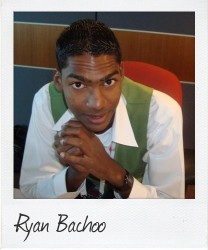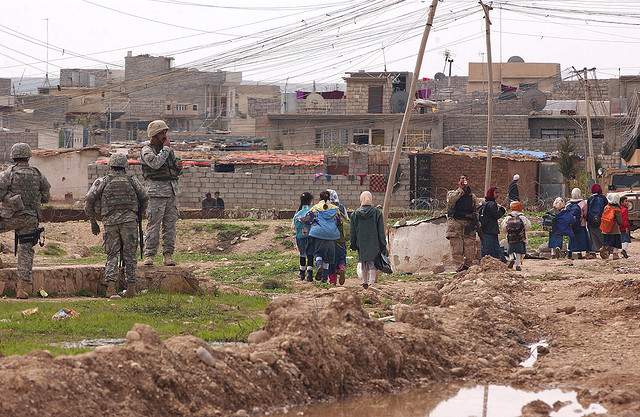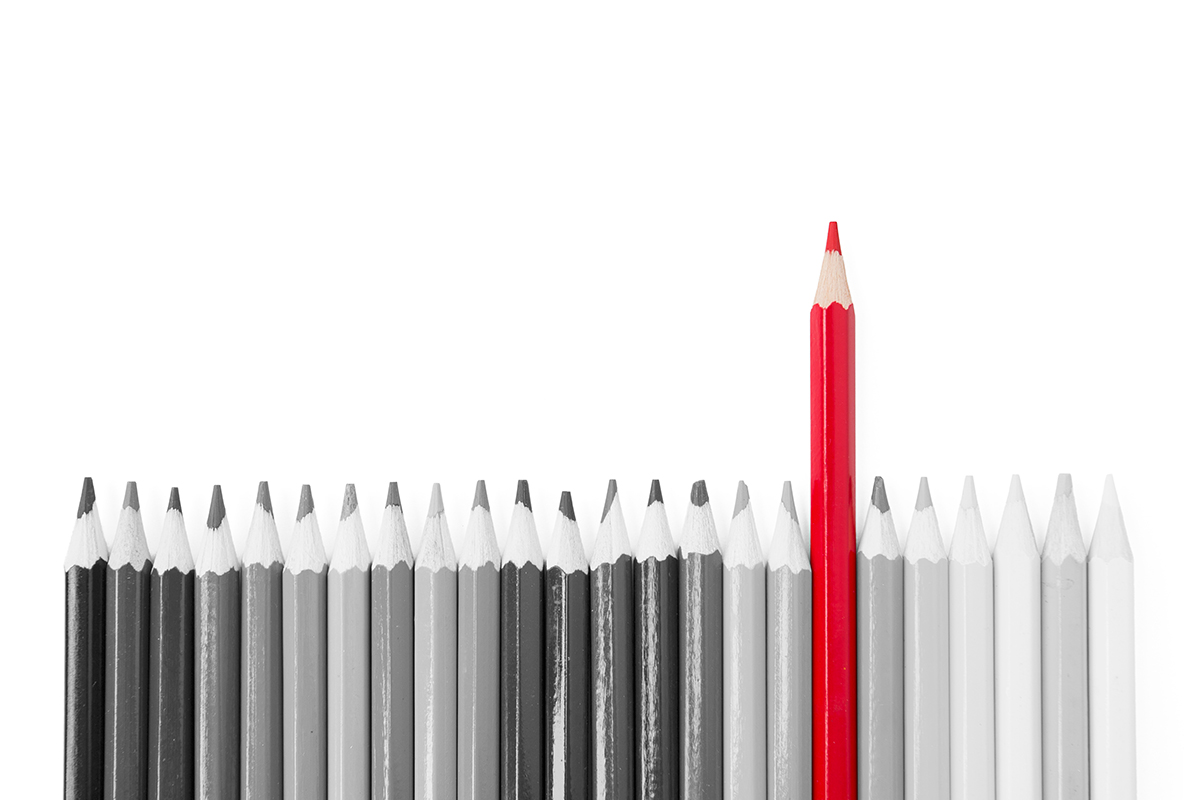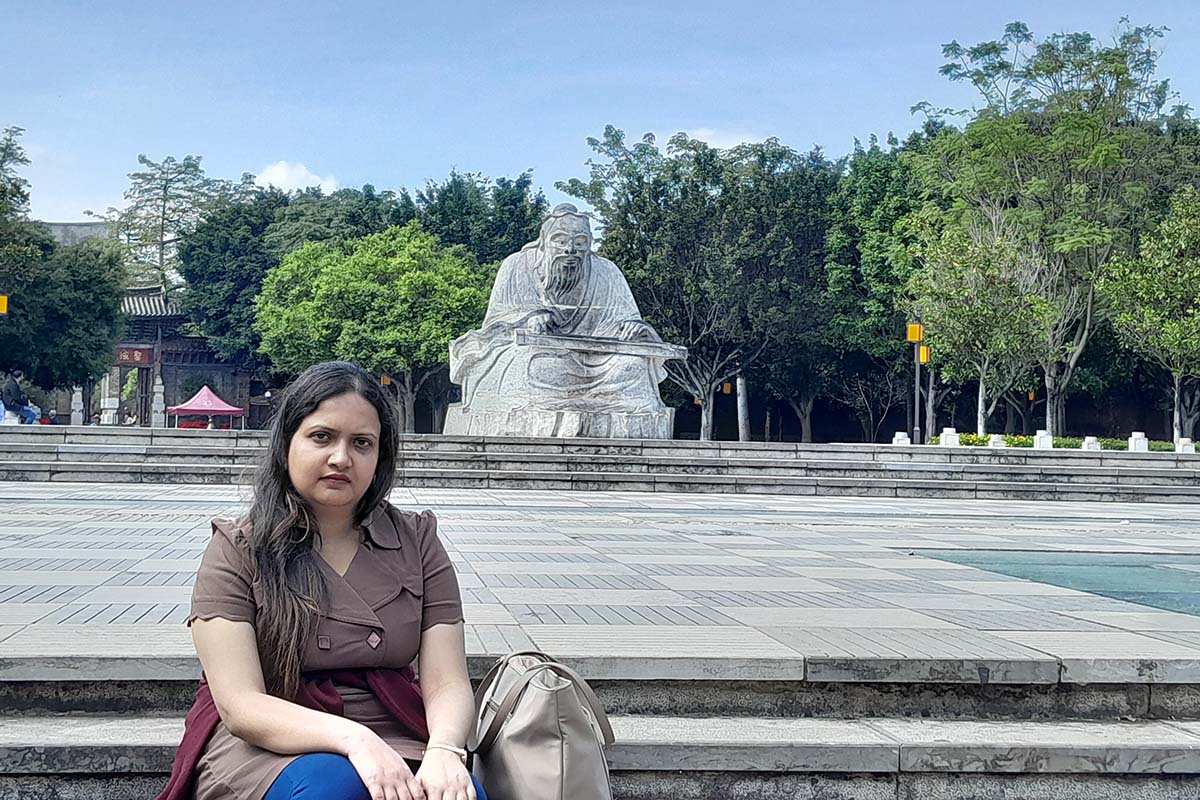"Iraq continues to be a blot on American leadership"
June 30 Conflict and extremist attacks continue in Iraq, says Ryan Bachoo, 24, a Commonwealth Correspondent from Trinidad and Tobago, as he examines the role of American involvement under two presidents.
Conflict and extremist attacks continue in Iraq, says Ryan Bachoo, 24, a Commonwealth Correspondent from Trinidad and Tobago, as he examines the role of American involvement under two presidents.
At the start of the second week in June, Islamist extremists seized control of Mosul, Iraq’s second largest city, and the surrounding province, freeing over 1,000 prisoners, sending troops and residents fleeing into refugee camps and shattering Baghdad’s efforts to stop a fast-spreading insurgency. It took only four days for the insurgents to take control of the city of just over a million people. The victory for the insurgents means they now have control over three cities, including Falluja and Ramadi.
Washington’s response was that they were “deeply concerned” about the developments in Mosul, and described the situation as “extremely serious”. The state department urged a “strong, coordinated response to push back” against the extremist attack. The victory for the insurgents came mere months after President Obama attempted to defend the Iraqi invasion and twelve days after he announced American troop cuts in Afghanistan.
What has been evident since America’s pull out of Iraq in 2011 is the changing face of United States politics with the changing of its presidency. This has its pros and cons. America went from George Bush, the trigger happy ‘Mr. Know It All’ to Obama, ‘Your Friendly Washington President’. The advantage is that Americans did in fact get change from the hot-headed George Bush. The disadvantage is that Obama has not dealt with his external affairs effectively. In fact, that’s to put it mildly.
Obama campaigned strongly in both 2008 and 2012 to end the wars in both Iraq and Afghanistan, bringing American troops back to their home. This was to gain the favour of the American voter. However, it is unfair, incorrect and wrong to say that Obama ended the war in Iraq as his public relations team and public spokesmen usually claim. What Obama did was end the United States’ involvement.
He may be a different president but Obama still leads the same America George Bush led, and what he did in 2011 by pulling the American forces out of Iraq is effectively say “We are sorry we invaded and raided you. We got the wrong house.” Obama treated Iraq like a sheet of paper that America made a mistake on and simply tore it out, crumpled it up, and threw it in the bin.
Now, every victory for the insurgents and every advance they make in Iraq is not only a ‘blot’ on Colin Powell’s and George Bush’s record but also on his. Obama’s America has played a cruel game of politics in its efforts to clean up Bush’s mess. He has tried to satisfy the American people, and to some extent has, but Afghanistan, Iraq, Egypt and Libya have paid dearly as a consequence of some of his actions. And if we really are to go deeper into this cruel game of Obama’s politics, we can question his reason to pull out of Iraq and stay in Afghanistan. Terrorists in Afghanistan brought a war to America. America took a war to Iraq. So it may only seem fair in the line of guilt and conscience that America owes a debt to the Iraqi people.
Is Iraq better off today than it was under Saddam Hussein? I thought Obama would have made the same mistake with Afghanistan but he has not. Originally, he vowed to pull all American troops out of Afghanistan by 2014 but has since reneged on that saying in late May that almost 10,000 American troops will remain in the country in 2015. That is good news for Afghanistan because the country is too unstable and too fragile without American forces. But the fact remains that though the American people want their troops home, they too are paying the price for their leaders’ mistakes.
I see a few posters starting to fly around the internet saying ‘Hilary Clinton 2016’. The only good in that is that Obama will not be her opposite number. A choice between one of those two does not bode well for America and the world.
photo credit: The U.S. Army via photopin cc
………………………………………………………………………………………………………………
About me:
“Hi, my name is Ryan Bachoo. I’m a Journalist and Public Relations Practitioner from Princes Town in the twin island of Trinidad and Tobago. I’ve moved into the field of Mass Communication now. I currently work for the West Indies Cricket Board, protecting the online image of West Indies Cricket.
I’ve been a Broadcast Journalist at Cable News Channel 3 for three years. For the Commonwealth Youth Secretariat, I write on topics of politics, war and economics.”
Ryan Bachoo
Journalist & Public Relations Practitioner
The People’s Writer
I speak for those who have no voice!
…………………………………………………………………………………………………………………
Opinions expressed in this article are those of the author and do not necessarily represent the views of the Commonwealth Youth Programme. Articles are published in a spirit of dialogue, respect and understanding. If you disagree, why not submit a response?
To learn more about becoming a Commonwealth Correspondent please visit: http://www.yourcommonwealth.org/submit-articles/commonwealthcorrespondents/
…………………………………………………………………………………………………………………




